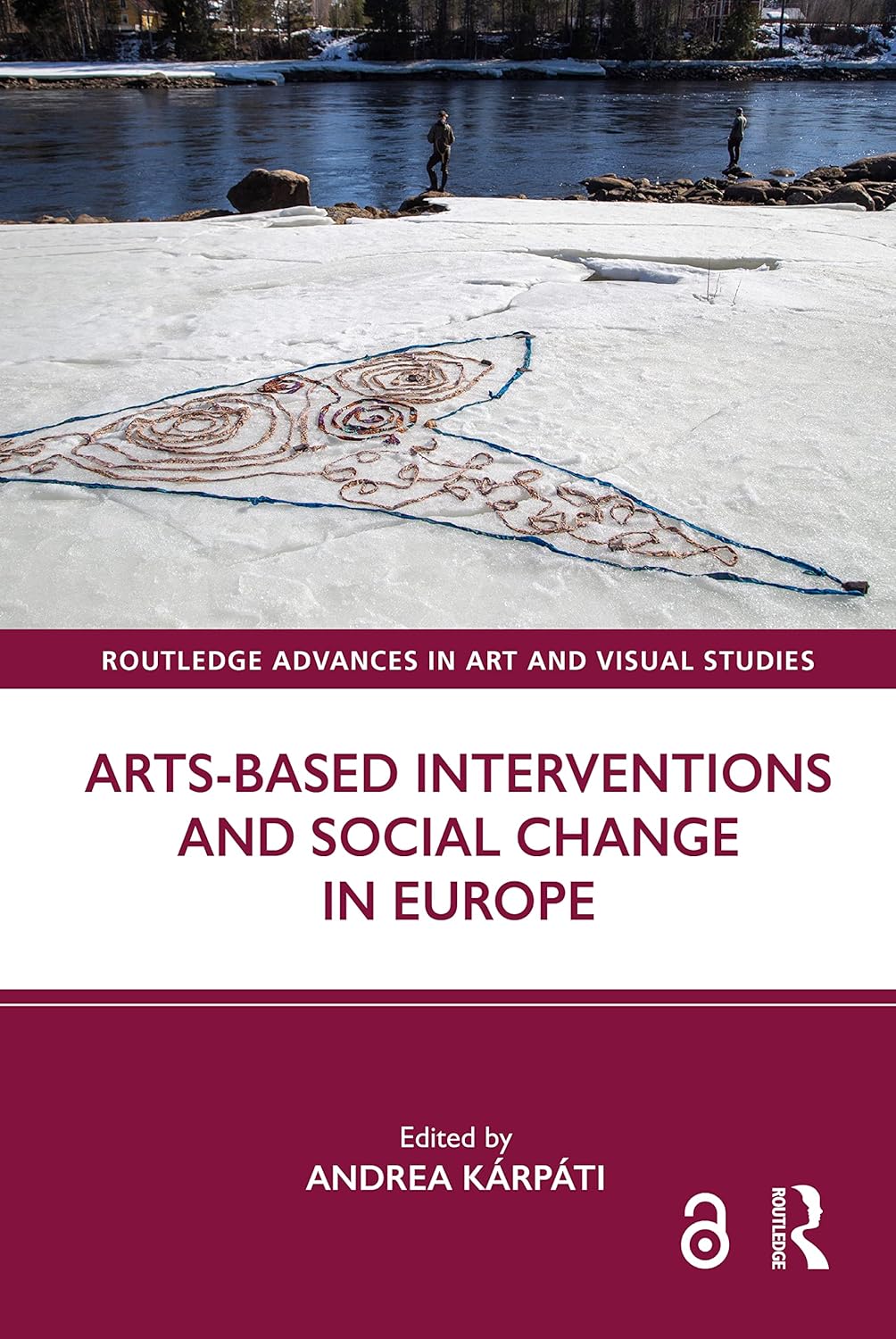The arts are a powerful means of fighting discrimination, marginalisation, neglect, and poverty. The educational programmes described in these chapters help stakeholders find research-based, adaptable, repeatable and sustainable solutions. Social problems that are addressed in this book include children living with physical challenges, suffering from financial and educational poverty, older women suffering from solitude, migrants facing a strange and not always welcoming cultural context, Roma youth fighting negative stereotypes, and many more. Revealing the interconnectedness between social, economic and cultural exclusion, contributors planned interventions to develop skills, strengthen identities and build communities.
This book presents 23 successful arts-based efforts to respond to social problems experienced by disadvantaged communities. It will interest scholars in the visual arts, art education, design education, drama and theatre education and museum pedagogy.
I had an opportunity to be part of the art experiment and the article (the second author for chapter 19), where the aim was to experiment with new possibilities for enabling artists to engage in the business world. Further means for artists to find pathways towards sustaining their livelihoods were sought in a fast-changing world in which margins have blurred due to the COVID-19 pandemic and a growing need to function and work in virtual spaces via the internet and mobile applications.
The Open Access version of this book, available at https://www.taylorfrancis.com/books/oa-edit/10.4324/9781003376927/arts-based-interventions-social-change-europe-andrea-kárpáti, has been made available under a Creative Commons [Attribution-Non Commercial-No Derivatives (CC-BY-NC-ND)] 4.0 license by AMASS project.

